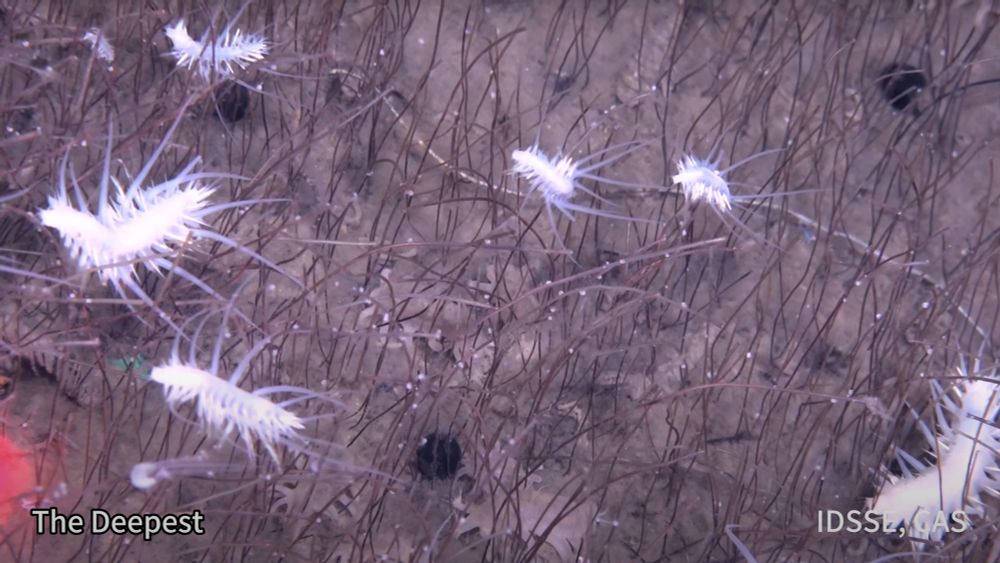
Ocean researchers have discovered thriving alien-like communities filled with tube worms, mollusks and spiky white creatures at the bottom of ocean trenches in the northwest Pacific Ocean.
www.livescience.com/animals/firs...
@livescience.com.bsky.social
The latest science news, groundbreaking discoveries, and fascinating features from our expert journalists. Your journey of discovery begins at Live Science.

Ocean researchers have discovered thriving alien-like communities filled with tube worms, mollusks and spiky white creatures at the bottom of ocean trenches in the northwest Pacific Ocean.
www.livescience.com/animals/firs...
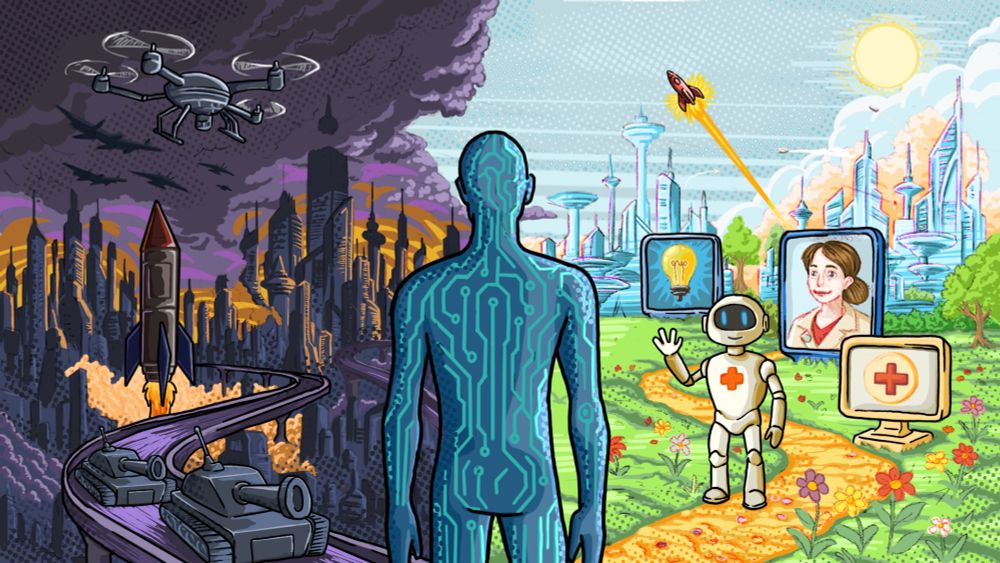
The technological singularity — the point at which artificial general intelligence surpasses human intelligence — is coming. But will it usher in humanity's salvation, or lead to its downfall?
www.livescience.com/technology/a...

A major fault in the Yukon, Canada, that has been quiet for at least 12,000 years may be capable of giving off earthquakes of at least magnitude 7.5
www.livescience.com/planet-earth...

New HIV vaccines have shown promise in studies with lab animals and human volunteers, pointing to a potential way of preventing the lifelong viral disease.
www.livescience.com/health/hiv/e...
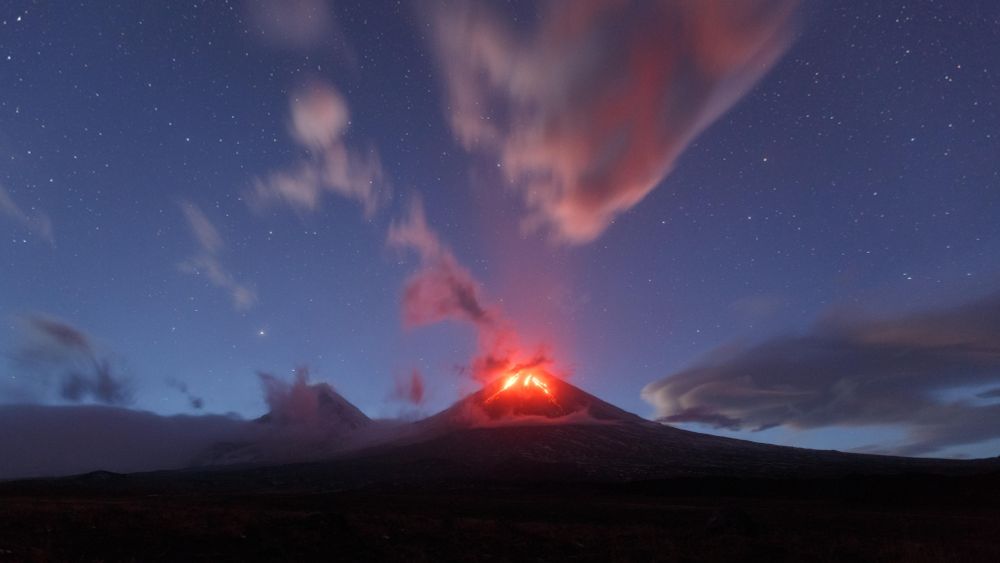
Klyuchevskoy volcano in eastern Russia began erupting shortly after a powerful 8.8 magnitude earthquake and several aftershocks shook the same area.
www.livescience.com/planet-earth...
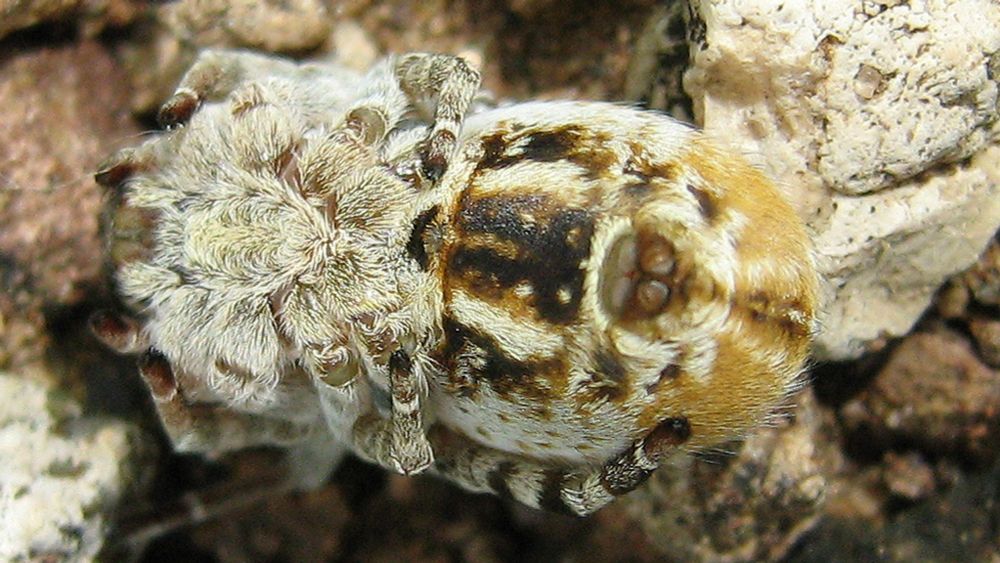
Filmmakers have captured first-of-its-kind, spine-chilling footage of young spiders cannibalizing their mothers and other elderly relatives en masse.
www.livescience.com/animals/spid...
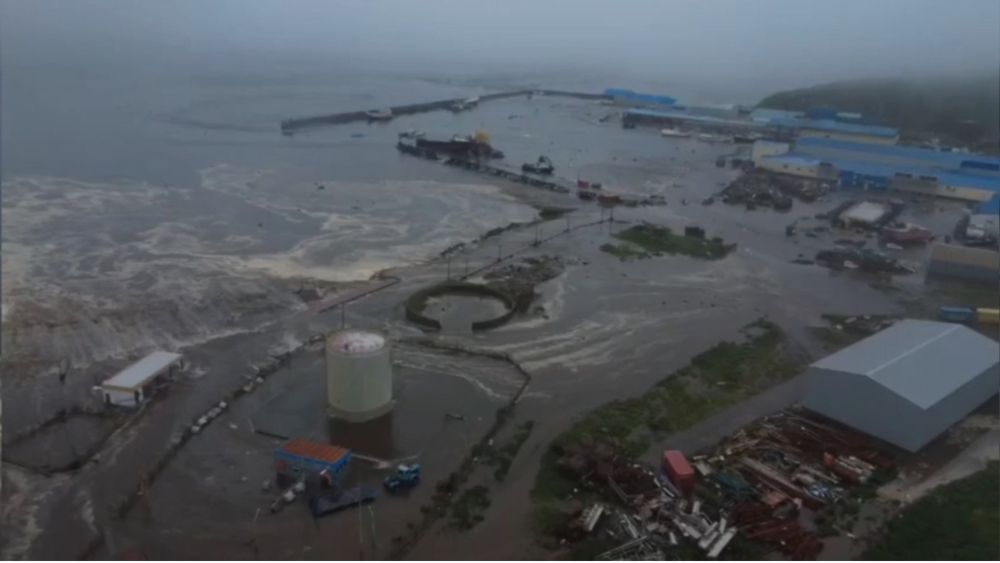
The 8.8 magnitude megaquake is the joint-sixth largest earthquake ever recorded and the first tsunami waves have already hit Oahu, Hawaii.
www.livescience.com/planet-earth...
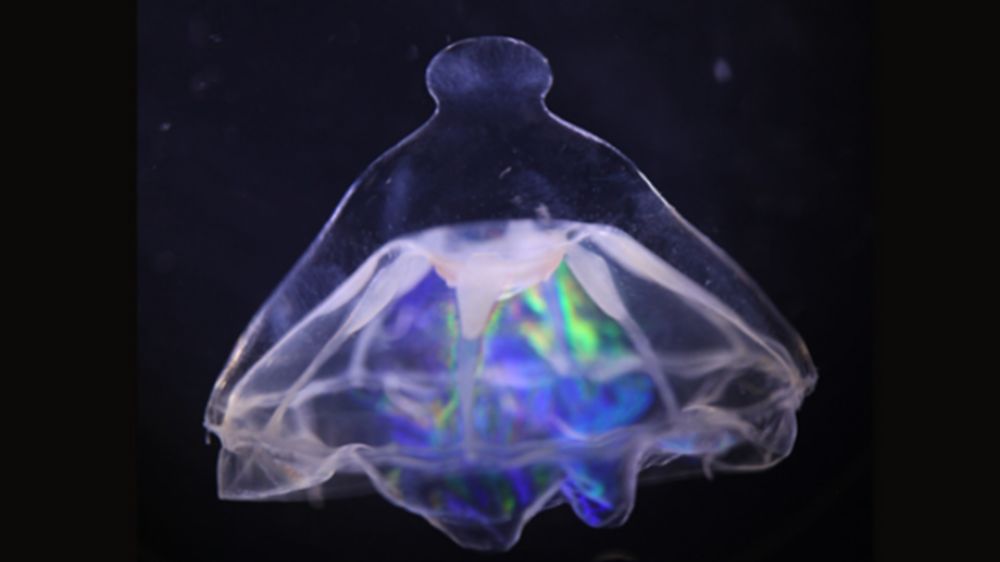
A mysterious oceanic barrier is stopping some deep-sea jellyfish in the Arctic from reaching the Atlantic Ocean
www.livescience.com/animals/jell...
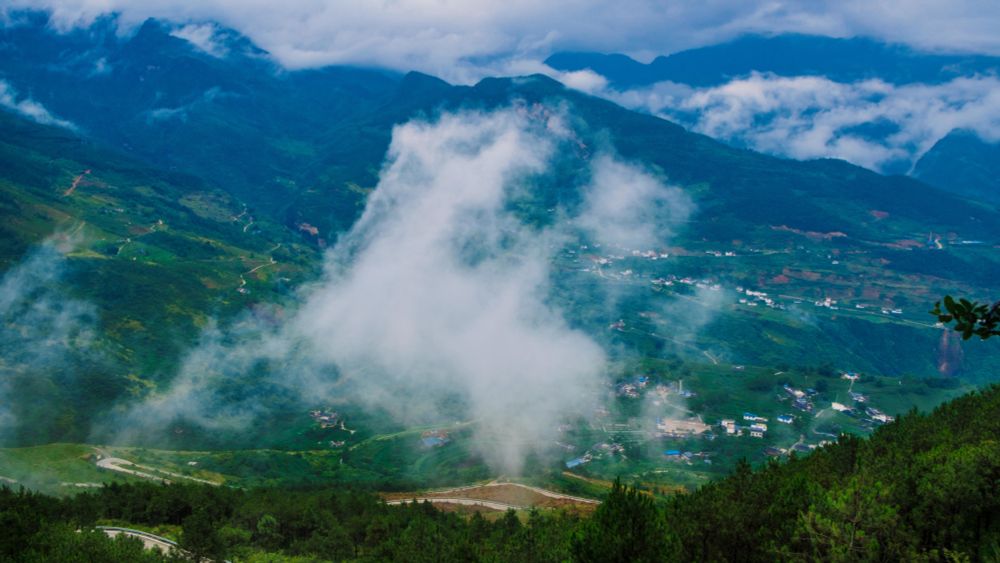
Researchers have discovered a 400-mile-long chain of extinct, fossilized volcanoes buried deep below South China
www.livescience.com/planet-earth...
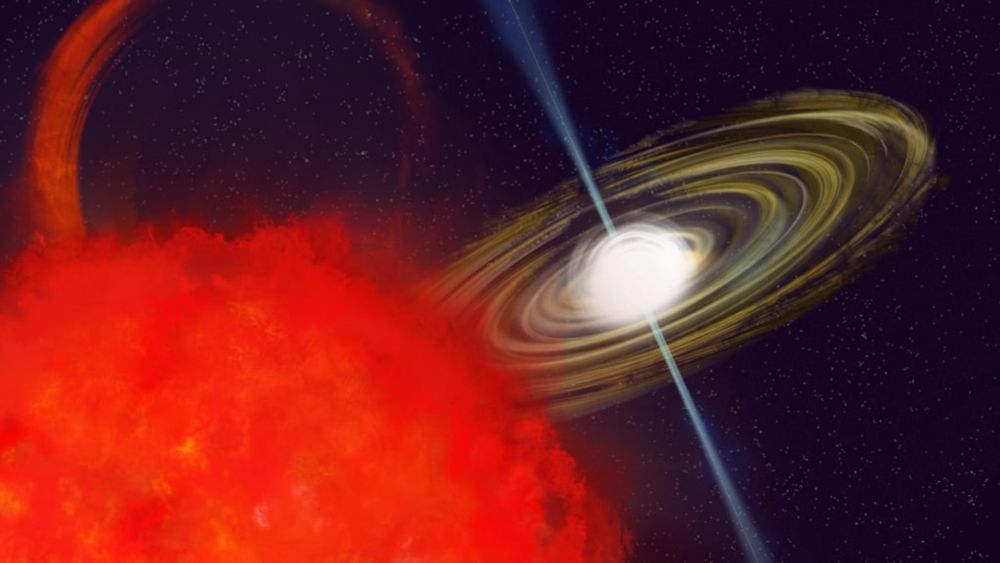
Astronomers have detected a puzzling 'unicorn' object that's speeding up rather than slowing down, contrary to the laws of physics.
www.livescience.com/space/astron...

At least 85 people accidentally became intoxicated with THC, the psychoactive ingredient in cannabis, after eating pizza, garlic bread and sandwiches from a Wisconsin restaurant
www.livescience.com/health/marij...
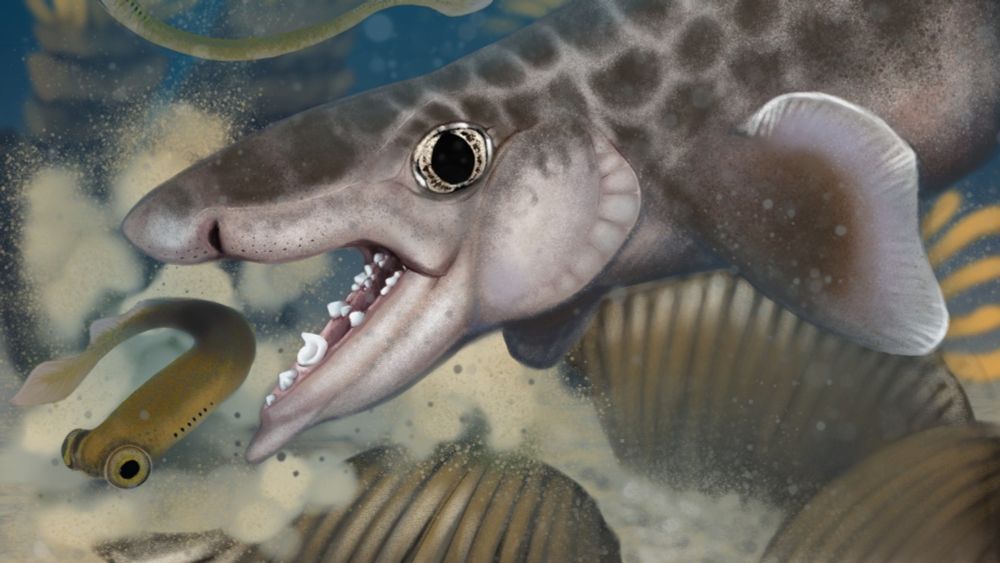
Researchers have discovered the remains of an ancient shark deep inside the world's longest cave system.
www.livescience.com/animals/exti...
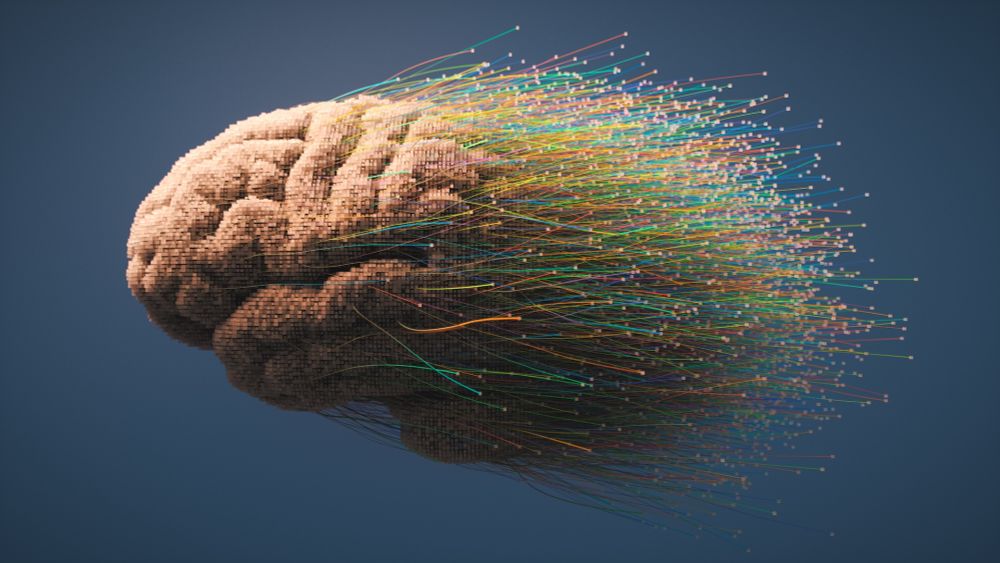
Memories of places "drift" across the brain as they are carried by different sets of neurons over time
www.livescience.com/health/memor...
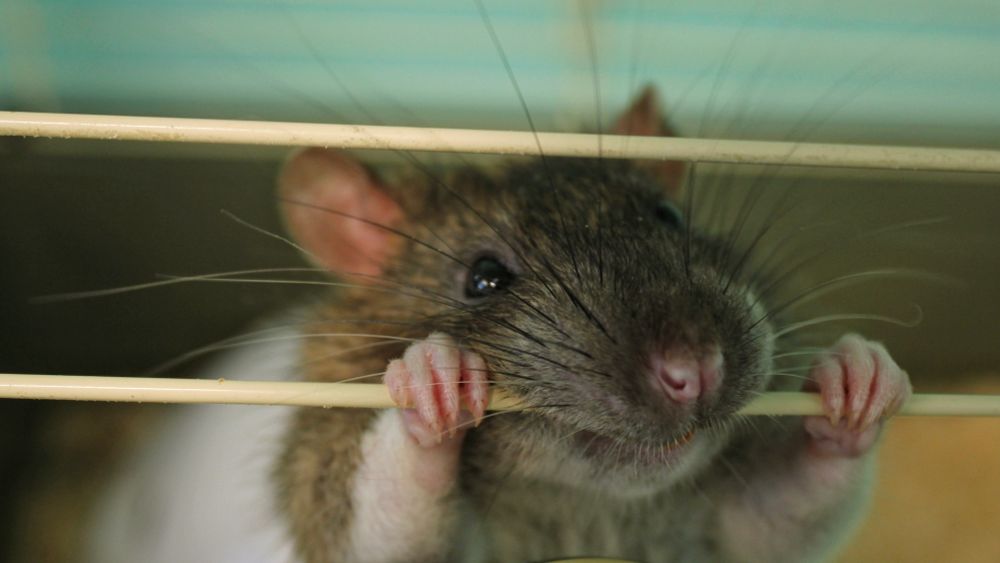
Scientists have developed a new, needle-free way to deliver vaccines: through the gumline.
www.livescience.com/health/medic...
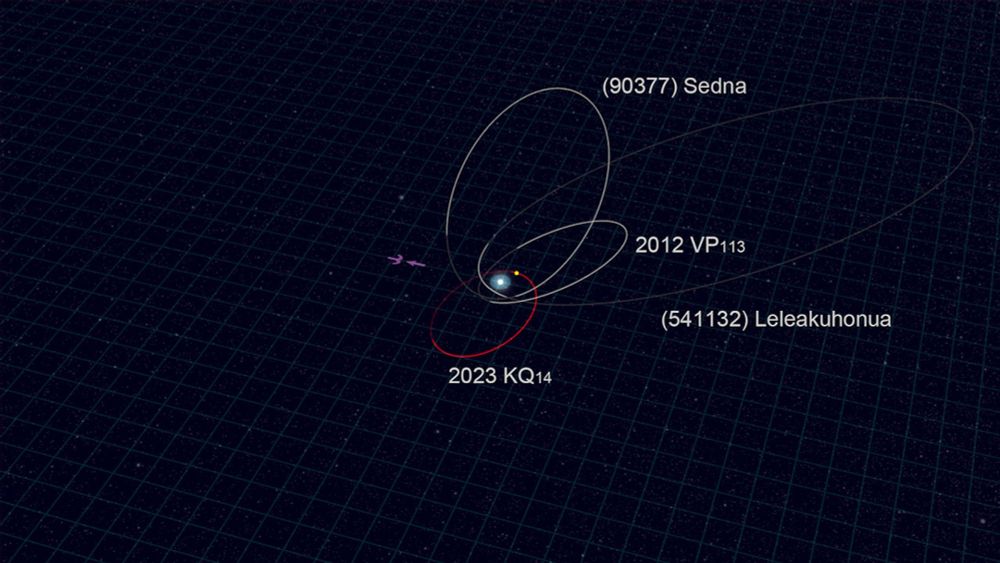
A newly discovered dwarf planet called 'Ammonite' (2023 KQ14) has been spotted in the outer solar system, and it could be another nail in the coffin for the Planet Nine hypothesis.
www.livescience.com/space/planet...

Twenty-two years after the completion of the Human Genome Project, scientists have unveiled the most expansive catalog of human genetic variation ever compiled.
www.livescience.com/health/genet...
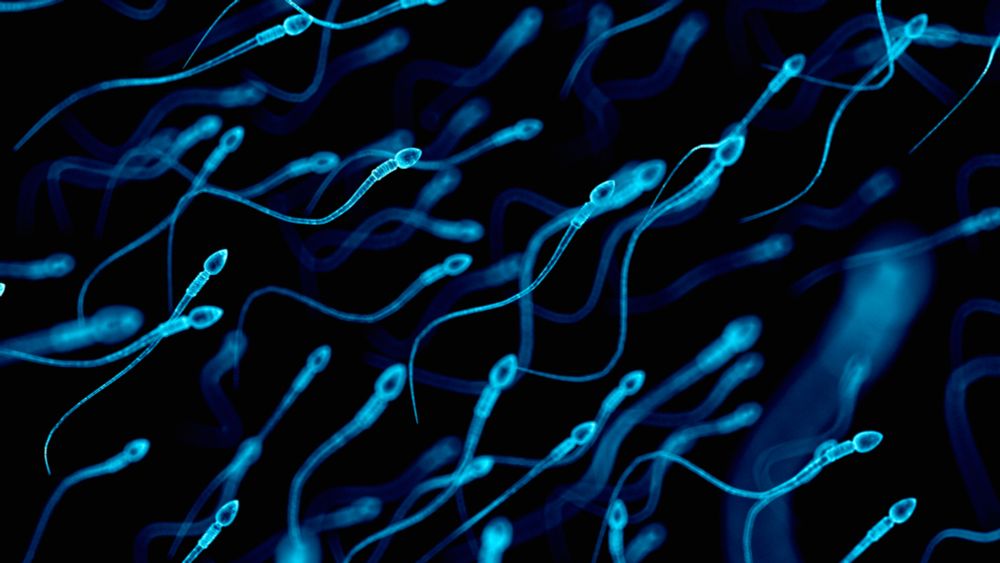
A woman and her partner had been trying to conceive for some time. It turned out that a rare allergy may have been hindering their attempts.
www.livescience.com/health/diagn...
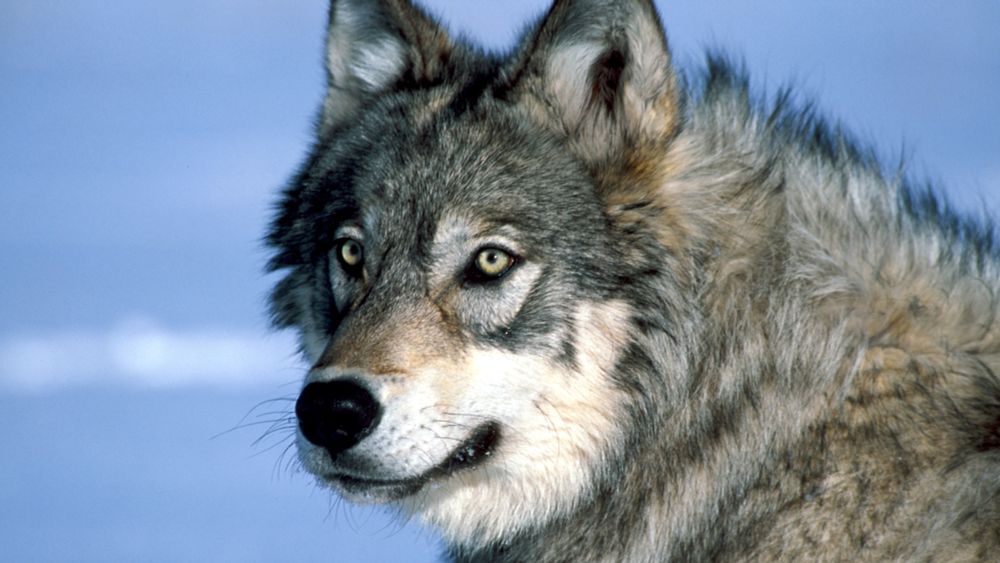
Yellowstone's wolves are helping a new generation of young aspen trees to grow tall and join the forest canopy
www.livescience.com/animals/land...
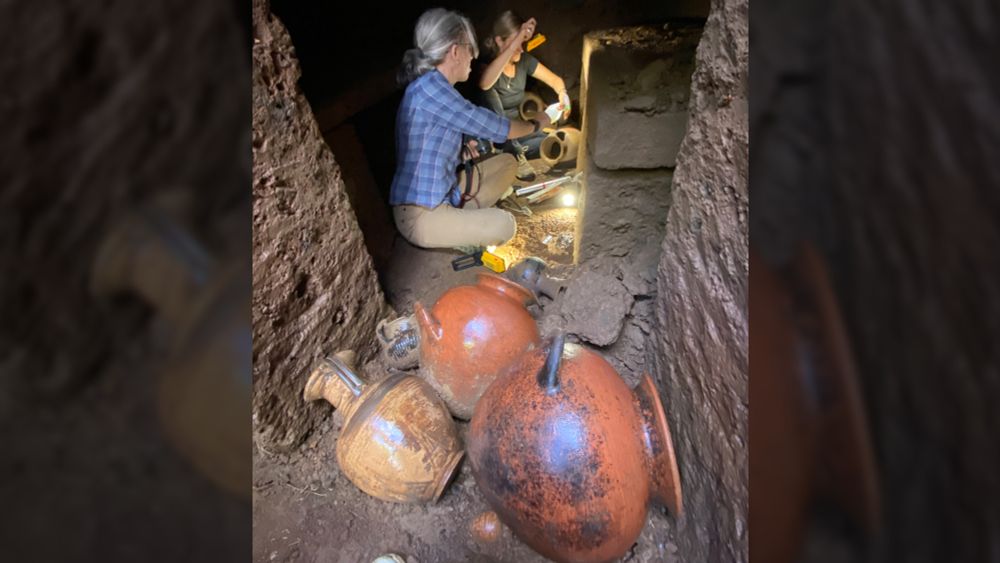
A rare untouched tomb from the Etruscans, a civilization that predated the Roman Republic, has been discovered in central Italy.
www.livescience.com/archaeology/...
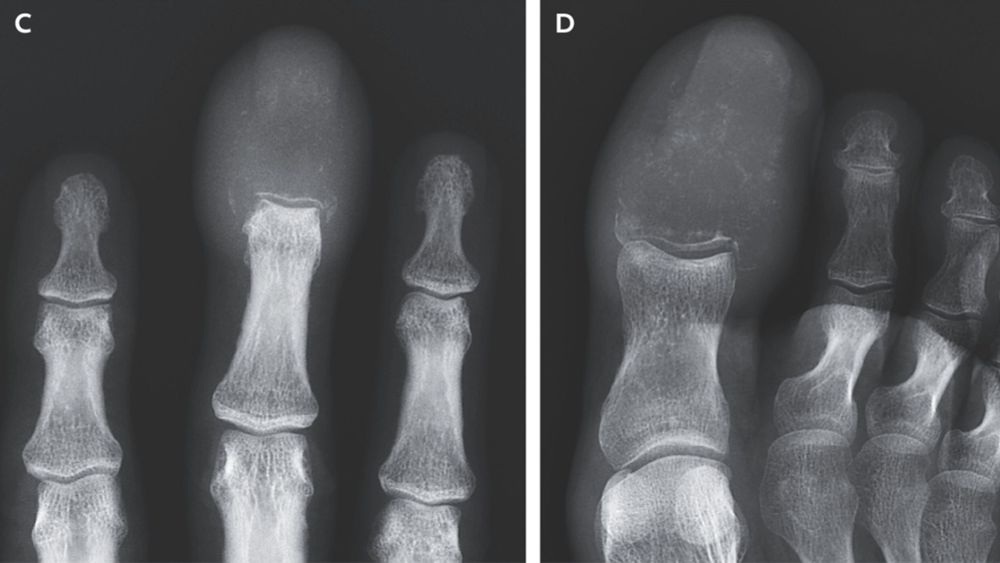
A man developed painful swelling in his right middle finger and right big toe over the course of six weeks, causing the digits to take on a club-like shape.
www.livescience.com/health/cance...
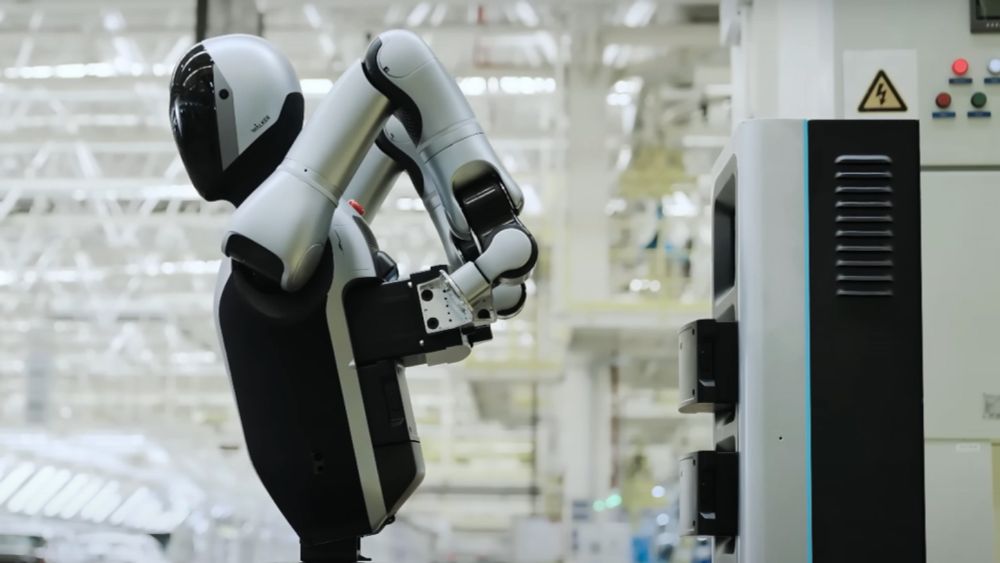
There are many weird and wonderful humanoid robots out there, but one of the most eye-catching machines launched this year can change its own battery pack
www.livescience.com/technology/r...

Supersonic commercial travel could soon be coming to the U.S. following a new executive order lifting a 52-year ban on overland commercial supersonic flights.
www.livescience.com/technology/e...
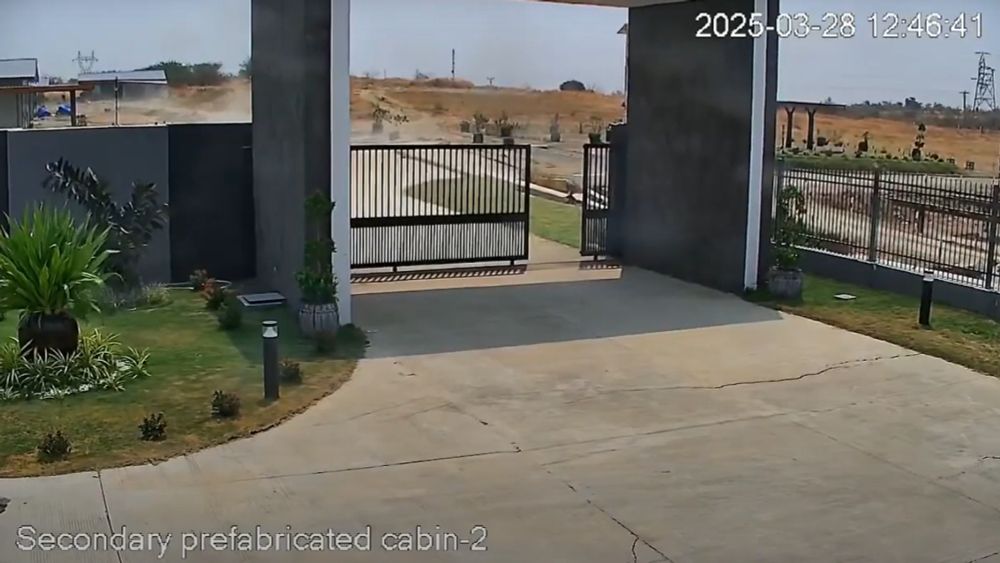
A first-of-its-kind video showing the ground cracking during a major earthquake is even more remarkable than previously thought
www.livescience.com/planet-earth...
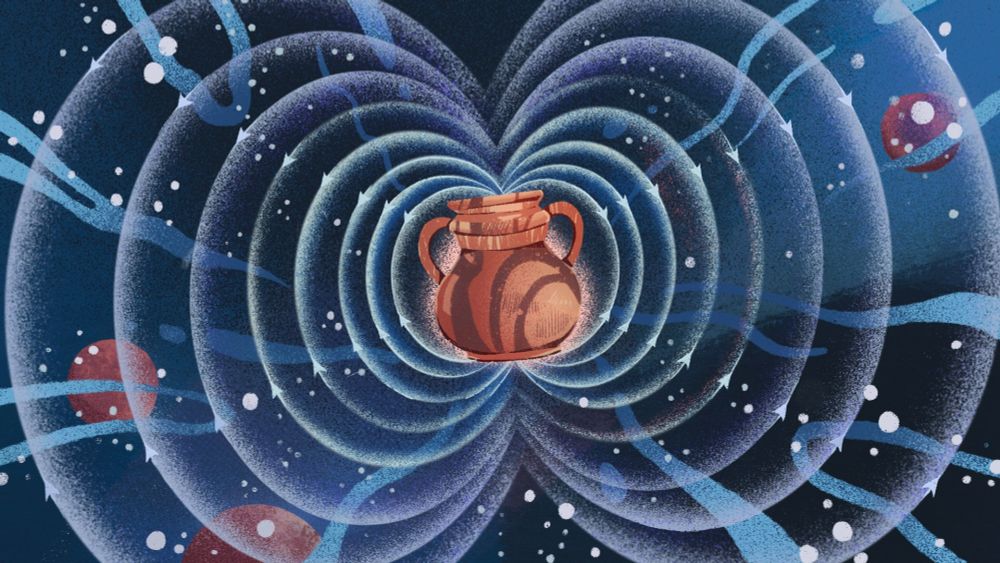
Artifacts from the Iron Age have revealed an intense historical magnetic anomaly in the Middle East. Could using a similar approach elsewhere help us unravel the mysteries of Earth's magnetic field?
www.livescience.com/archaeology/...
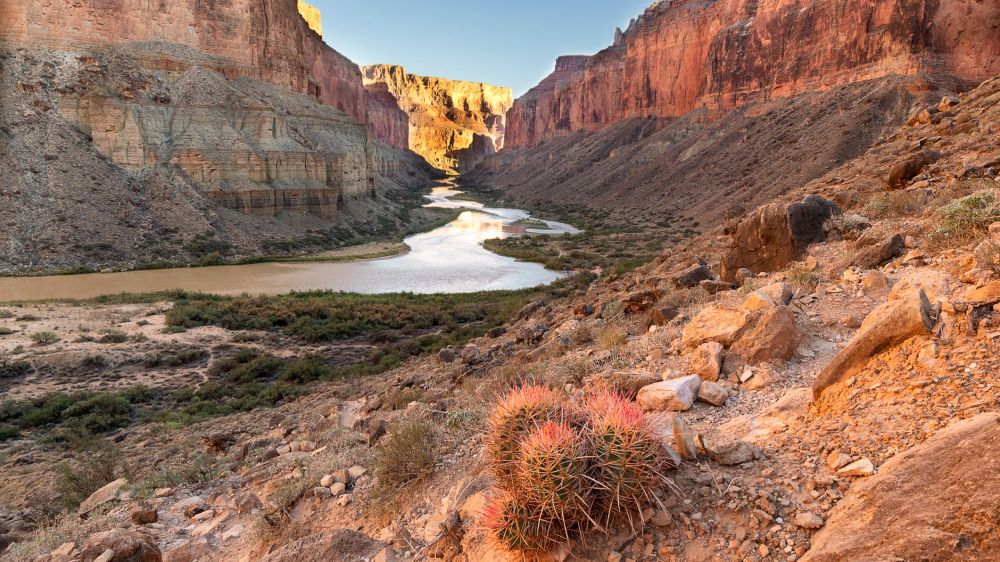
The ancient meteor impact that formed Arizona's Barringer Crater sent shock waves through the Grand Canyon — likely triggering a landslide that dammed the Colorado River
www.livescience.com/planet-earth...

One hundred years after a Tennessee teacher named John Scopes started a legal battle over what the state's schools can teach children, Americans are still divided over evolution.
www.livescience.com/human-behavi...
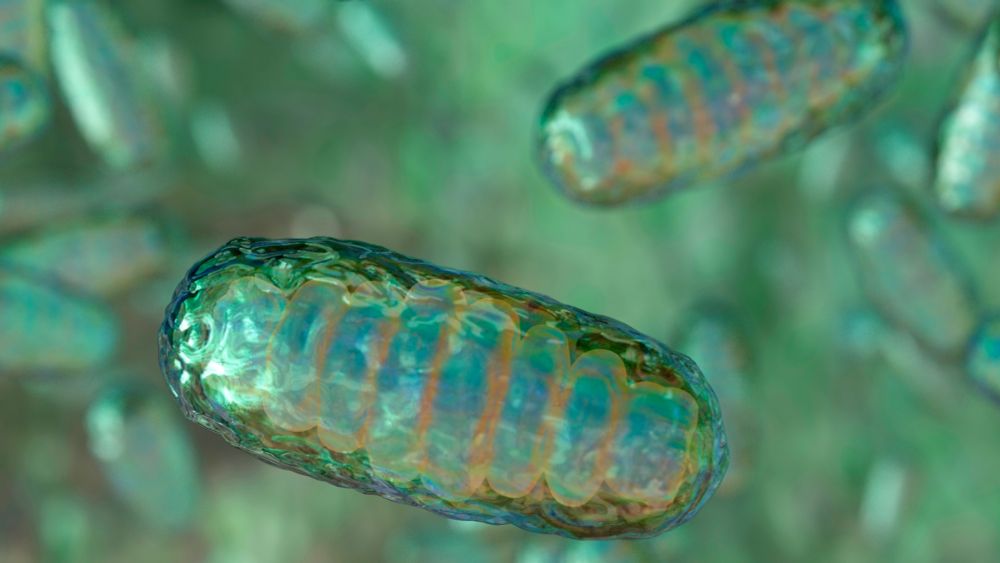
In a new clinical trial, eight babies who had a high risk of inheriting such diseases from their moms appear to have been spared
www.livescience.com/health/genet...
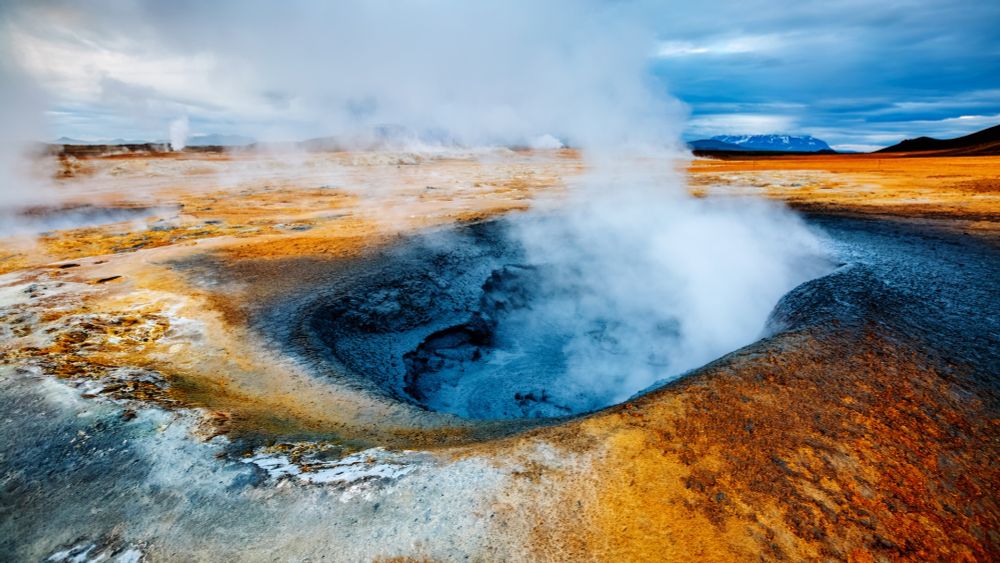
What fuels a giant eruption, and how does it make its way to the surface from deep within the planet?
www.livescience.com/planet-earth...
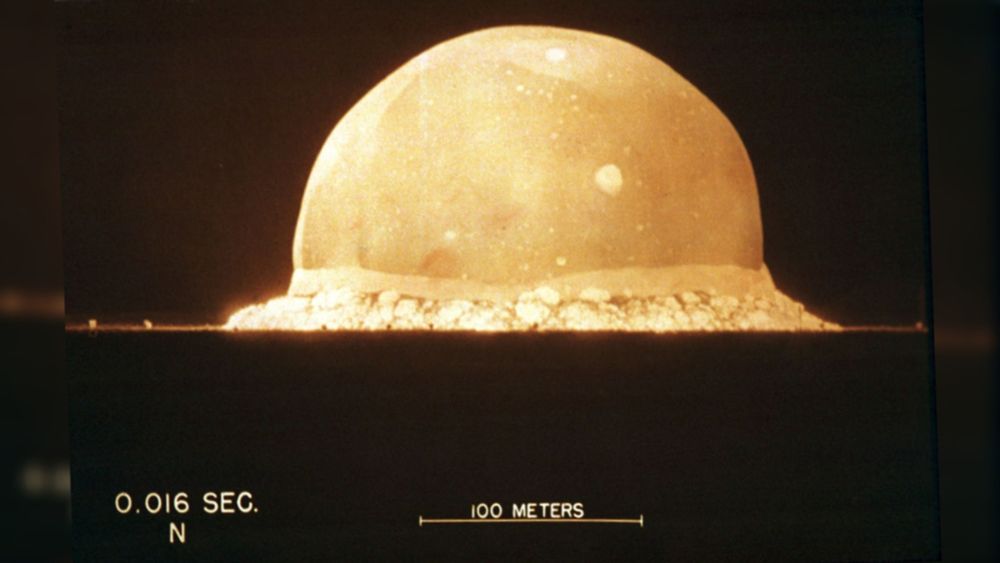
We hear from the scientists and officials who were there on site, experiencing first-hand this defining moment.
www.livescience.com/human-behavi...
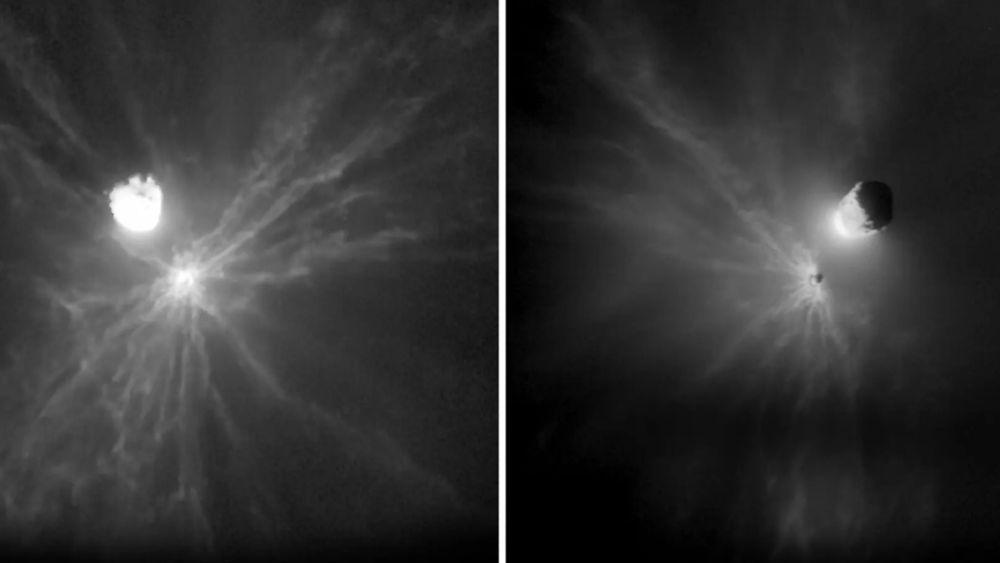
Debris released from the asteroid Dimorphos during NASA's DART mission has a higher momentum and less random distribution than expected
www.livescience.com/space/astero...